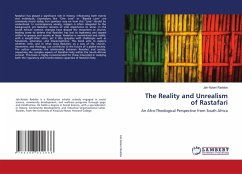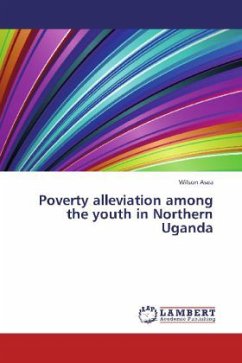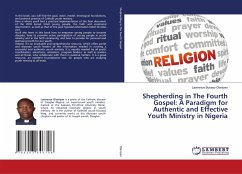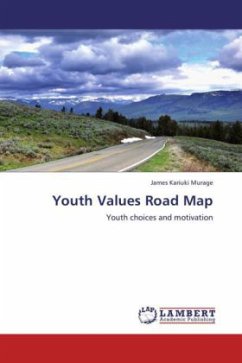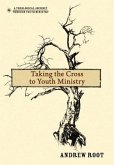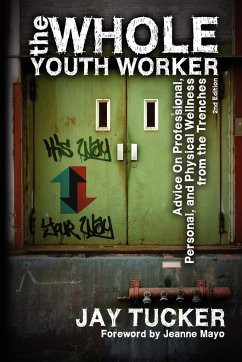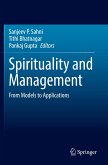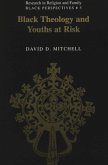Rastafari has played a significant role in history, influencing both events and individuals. Expressions like "One Love" or "Blessed Love" are commonly heard today, but opinions vary on how this "Love" should be understood. In contemporary society, religion is often relegated to the background, yet Rastafari remains of vital importance to some. In the South African context, changes have shaped the movement or church, leading some to believe that Rastafari has lost its legitimacy and appeal within its groups and society at large. Rastafari is unrestricted and visible, with a sought-after voice, yet it also grapples with challenges such as fanaticism, ignorance, and misconceptions. This book aims to explore whether, how, and in what ways Rastafari, as a way of life, church, movement, and theology, can contribute to the future of a global society. The author examines the relationship between Rastafari and society, unpacking the complex aspects of Rastafari livity within the South African context. This book is highly recommended for those interested in studying both the regulatory and transformative capacities of Rastafari livity.
Bitte wählen Sie Ihr Anliegen aus.
Rechnungen
Retourenschein anfordern
Bestellstatus
Storno

